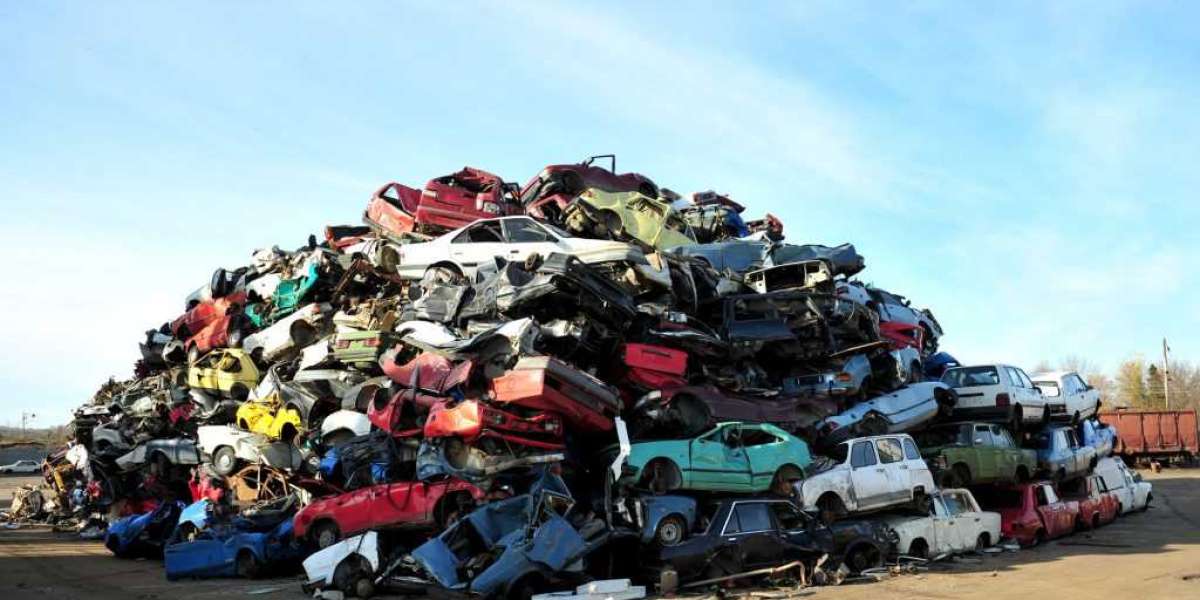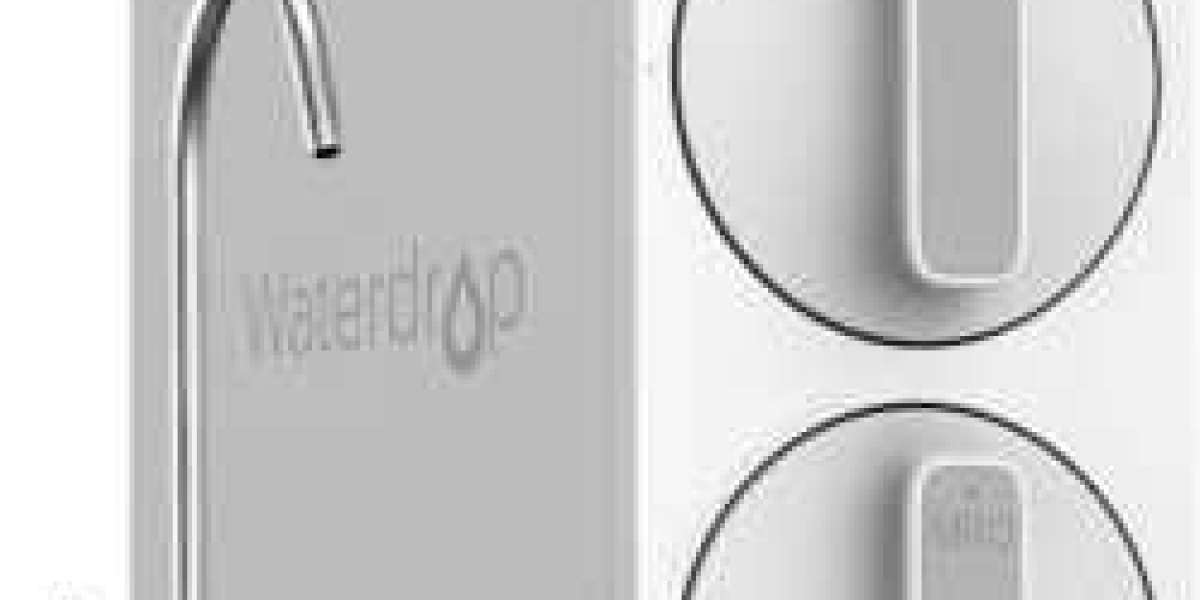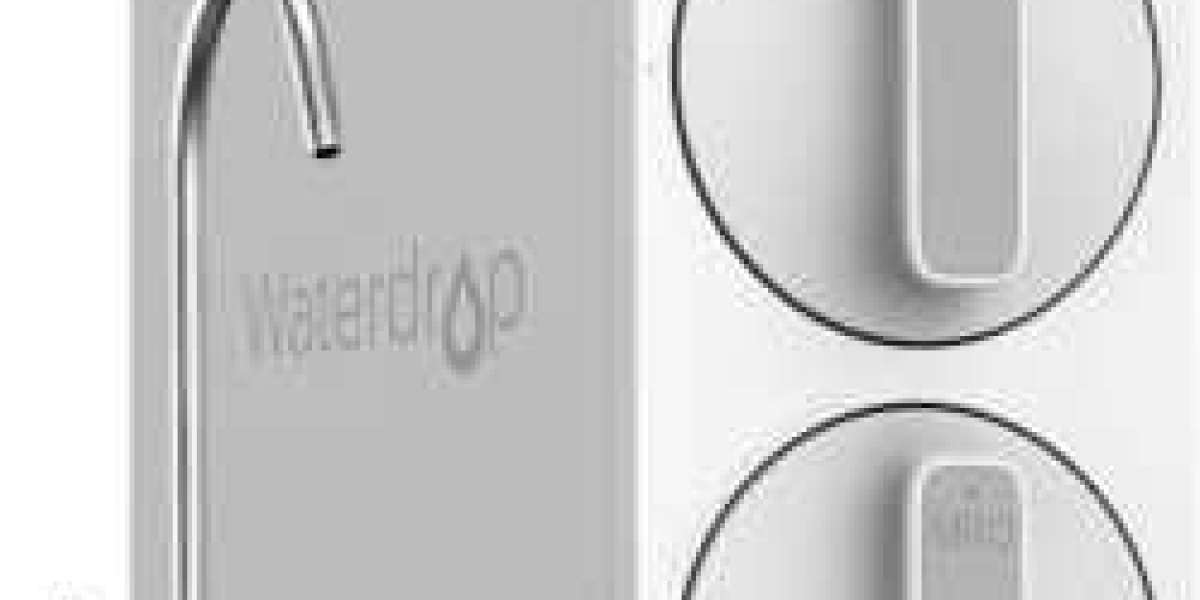Every year, thousands of cars across Australia reach the end of their life cycle. But what happens after these vehicles are no longer roadworthy? Behind the scenes, a network of skilled professionals, recyclers, and innovative businesses work tirelessly to ensure that old cars don’t become environmental waste. These individuals and companies are Australia’s car recycling heroes — turning unwanted metal and damaged vehicles into valuable resources while promoting sustainability across the nation.
The rise of car recycling in Australia
Car recycling in Australia plays a vital role in reducing landfill waste and conserving raw materials. Each year, over 700,000 vehicles are deregistered or scrapped, according to the Federal Chamber of Automotive Industries. Instead of letting these cars deteriorate in backyards or junkyards, recycling programs extract useful components like steel, aluminum, and plastic for reuse. This process significantly cuts down on energy consumption and emissions compared to producing new materials. Modern recyclers follow strict environmental standards to ensure that every usable part of a vehicle finds a second life — from engines and batteries to tyres and catalytic converters.
How the recycling process actually works
Car recycling involves a detailed and structured process designed for maximum material recovery. It begins when an old or damaged car is collected and transported to a licensed dismantling facility. Once there, fluids like oil, brake fluid, and coolant are safely drained and disposed of according to environmental regulations. Then, valuable components are removed for resale or refurbishment. The remaining metal body is crushed, shredded, and sorted using advanced magnetic and mechanical systems to separate different metals. These recycled materials are then sent to manufacturers to produce new products, including construction materials and new car parts. This circular process not only conserves resources but also reduces the nation’s dependency on imported raw materials.
The impact of recycling on communities and the environment
The environmental and economic benefits of car recycling extend beyond waste reduction. Recycling just one car saves approximately 1.1 tonnes of iron ore, 630 kilograms of coal, and 55 kilograms of limestone. It also prevents toxic substances like lead, mercury, and battery acid from seeping into soil and waterways. Additionally, the industry creates local jobs — from car collectors to parts resellers and metal processors — strengthening regional economies across Australia. Many rural and urban communities benefit directly from these initiatives, proving that car recycling is both an environmental and social win. Local operations, such as Townsville Cash 4 Cars, contribute to this impact by making recycling accessible to residents across North Queensland.
Why Townsville Cash 4 Cars stands out in the recycling movement
Among Australia’s many car recycling services, Townsville Cash 4 Cars has earned a reputation for reliability and eco-consciousness. The company provides quick car removal and recycling solutions that help residents clear out old vehicles responsibly while earning fair payments. Whether a car is damaged, unregistered, or no longer running, they ensure every part is either reused or recycled efficiently. Their streamlined system supports the broader recycling industry by collecting vehicles from local suburbs, including Mount Louisa, and processing them through environmentally approved channels. This approach not only supports sustainability but also helps drivers looking for Townsville cars for cash to get an immediate and ethical solution.
The role of technology in modern car recycling
Advancements in technology have transformed how recyclers manage and process vehicles. Modern car dismantlers now use automated fluid extraction systems, laser scanning, and AI-powered sorting machines to recover materials with higher accuracy. These innovations have made recycling safer and more efficient while ensuring that nearly 85–90% of a car’s components can be reused or repurposed. In areas like Mount Louisa, even smaller facilities benefit from partnerships with larger recyclers who share advanced tools and data. For customers, this means faster service, better payouts, and greater environmental responsibility when working with a professional car buyer Mount Louisa or nearby recycling expert.
The unsung heroes behind the process
Behind every recycled car are dedicated individuals whose work often goes unnoticed — mechanics who carefully extract reusable parts, truck drivers who collect vehicles from homes, and technicians who manage the complex shredding machinery. Their combined efforts make Australia one of the leading countries in automotive recycling. These professionals work under challenging conditions but remain motivated by their contribution to environmental protection and resource conservation. Their everyday dedication ensures that millions of kilograms of waste are diverted from landfills each year.
Challenges and opportunities in Australia’s car recycling future
Despite the industry’s growth, car recycling in Australia still faces several challenges. Illegal dumping and unlicensed dismantling operations remain significant issues, leading to environmental damage and safety risks. Additionally, electric and hybrid vehicles introduce new complexities due to lithium-ion batteries that require specialized handling. However, these challenges also open opportunities for innovation. The government’s push for a national vehicle recycling framework and increased investment in green technologies is paving the way for a cleaner and more efficient future. Companies that embrace automation, data tracking, and eco-friendly processes will play an even greater role in shaping Australia’s sustainable economy.
How Australians can support responsible car recycling
Supporting Australia’s car recycling heroes is simple. Vehicle owners can start by choosing licensed recyclers instead of dumping or selling to unverified buyers. Checking for certifications and ensuring proper paperwork helps prevent environmental harm. Donating old cars for parts recovery or metal recycling also contributes to the cause. By taking these steps, Australians can reduce waste, conserve resources, and back an industry that prioritizes environmental integrity.
Conclusion
Australia’s car recycling industry is powered by individuals and companies committed to sustainability, resource recovery, and environmental protection. Their collective efforts keep thousands of vehicles out of landfills and give new life to valuable materials that would otherwise go to waste. Businesses like Townsville Cash 4 Cars demonstrate how eco-friendly car disposal can also be convenient and rewarding for everyday Australians. Together, these heroes are driving the nation toward a cleaner, greener automotive future.
Explore more sustainable car ownership insights in our blog section.








